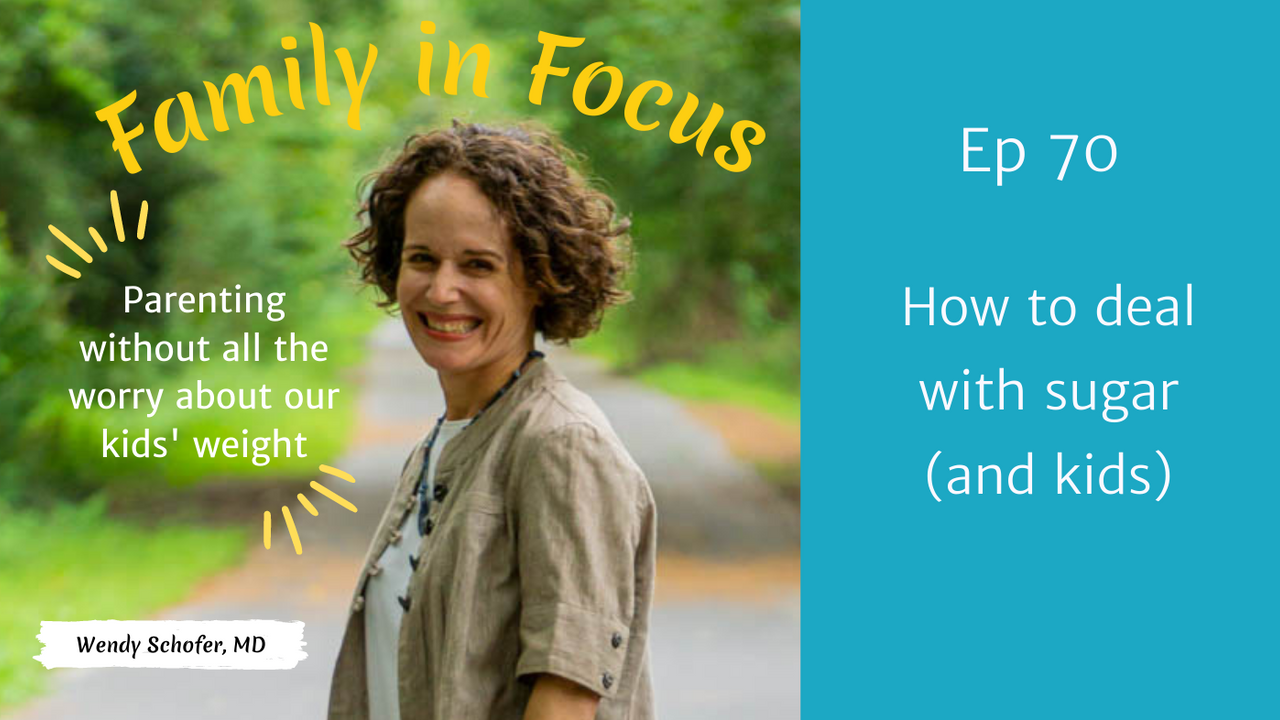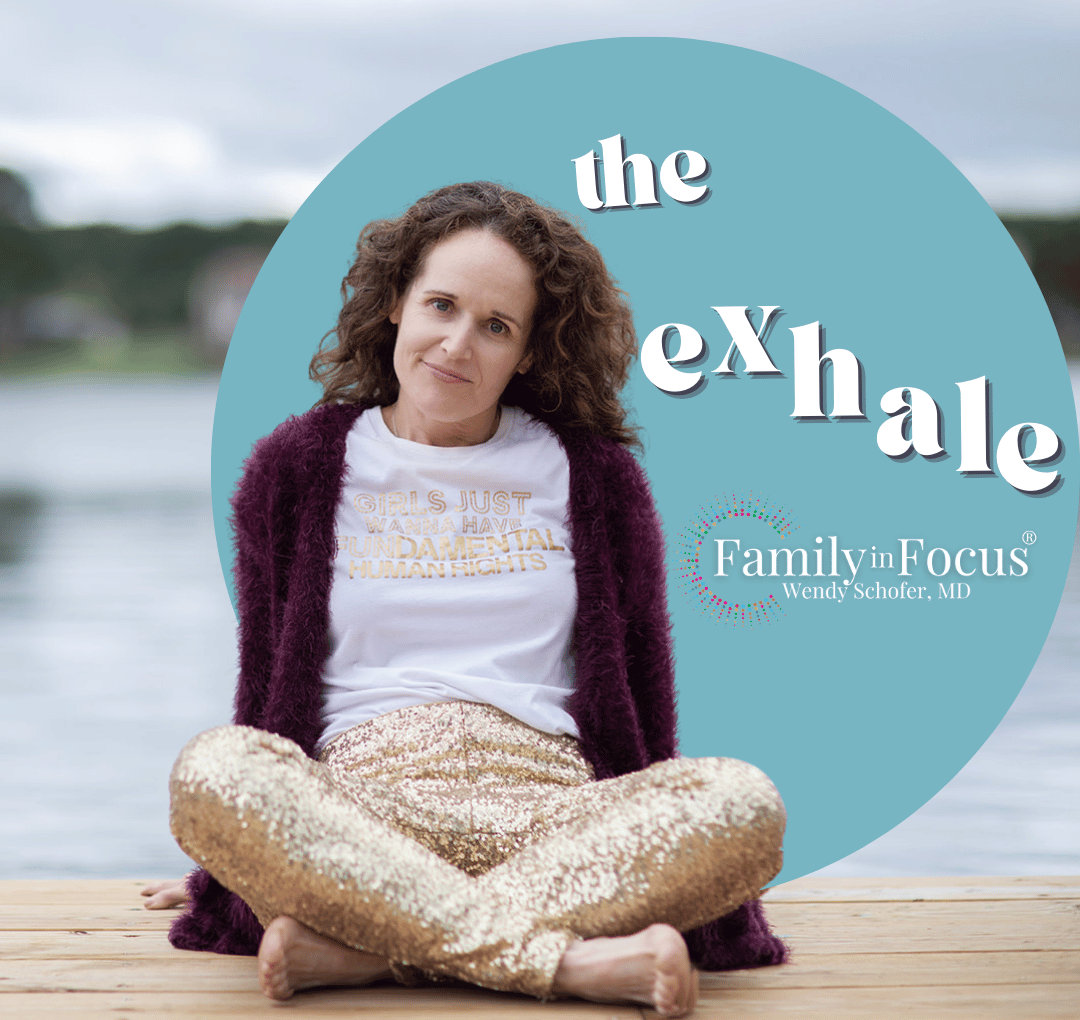
Aren’t we all trying to deal with sugar right now? There’s the stories about how sugar is bad, very, very bad - and everywhere. How it’s wreaking havoc on our health, and disrupting our family habits.
Well, let’s dive into sugar today.
Specifically, I want to dive into understanding sugar, without the black & white of sugar is bad or good, healthy or unhealthy.
When we eat sugar, it gets broken down from whatever form it’s in (complex foods to simple liquid sugar) to basic sugar that is absorbed and transported in our blood stream.
((Note that while there is a ton of medical and biochemical processes going on here, I really want to simplify, as that is how my brain works best and how I have found works best when communicating with others. This is not meant to over-simplify. There are ample resources available for those who want more of the biochemical nitty-gritty. Of note, the simpler descriptions go over better with kids.))
When we take in sugar, it increases our blood sugar.
Increased blood sugar sends a message to our body: prime the pumps! Let’s get that insulin out there. Insulin is released to do its job: use the sugar now, and store the extra sugar for when it is needed later.
Insulin stores the extra sugar as fat (awesome long-term energy storage).
When the sugar is gobbled up from the blood stream (by the insulin which has been doing a fantastic job at tucking it away in the storage areas), our blood sugar drops.
None of this “hypoglycemia” stuff - the sugar just drops to a lower level, which signals 2 things:
Stop the insulin
and
Hey - let’s get more sugar around here: I’m hungry again.
Sugar gets a bad rap for what is happening on the normal: it triggers insulin release, it stimulates fat storage.
These are not “bad,” they are biochemical. It’s our normal system at work.
Now, on the other hand, sugar is sexy, ahem exciting, tastes and feels amazing.
So we have one hand where we are saying that sugar is BAD BAD BAD, and on the other hand, it is AMAZING and EXCITING and TASTY.
What is in between the YAY and NAY, the GOOD and BAD, the HEALTHY and UNHEALTHY?
It’s a gray zone. And in that zone is where we actually live.
We are always in the gray zone. But here’s the fun part: it’s where all the color comes in. WE get to bring all the color.
How do we do that?
There are a whole bunch of different approaches out there, and here are just 3 that come to mind right away:
- Intuitive eating. Long-story-short, it means listening to your body and what it needs, and giving it what it needs. When following intuitive eating principles, I have found that the allure of sugar decreases because I stop telling myself that it’s dangerous/forbidden. That means no more rebelling. Take the angst out of the situation, and there’s so much less drama.
- Mindful consumption. OK, don't get blurry-eyed here by the word mindful. I think of it as being aware. “Hey, am I eating because I’m hungry…. Or bored? Lemme check in with my body: have I had enough? Lemme slow down and actually enjoy the bites I’m taking, and not inhale them.” As for sugar, I thoroughly enjoy candy. Like, you can hear me eating it (not in a When Harry Met Sally-way, but let’s just say I enjoy it).
- Learning and remembering the biology. This could sound boring - but I have to tell you this is really exciting for me. To know that the big hit of sugar activates my insulin to surge and take care of business, and then the higher the insulin peak, the more likely I am to have a sugar-low afterwards…. And hangries. I can see it happening. And I can understand it. AND choose to still eat the M&Ms with wild abandon, opt for the peanut M&Ms that have a bit more fat and protein to decrease the wild swings, or opt to not do sugar right now.
The other thing that I like to consider is that we all get something from sugar. Is it a burst of energy, a satisfaction for a sweet tooth, a bit of comfort, or just satisfying some hunger? Sugar can and does definitely serve a need.
Ultimately, sugar is not the enemy.
When we declare war on sugar (along with fat, COVID, poverty, racism, drugs….) we come in fighting. We control everything we can in the fight. And then we realize… WTH are we doing declaring war on a chronic issue, or something that isn’t fighting back? It just is.
How does it make so much more sense to understand the problem (and in the language of sugar not being a problem, understand the many factors) rather than come out guns-blazing with a war declaration?
How does it also make sense as we consider all of the above factors, that our kids:
- Want sugar even more when it’s been declared off-limits?
- Don’t want to do what we say (eg avoid sugar, eat it “in moderation”?
It’s not that the kids are being bad. It’s not that they are addicted to the sugar (which is often discussed in regards to the hit of dopamine that we experience when we eat sugar). The question of addiction completely overlooks the other hormones at-play with eating, namely insulin and its effects on our metabolism, leading us to want sugar over and over again.
There is biology and psychology at play all the time.
We can understand and do something about it.
Namely, embrace that our bodies actually need sugar. Our brains are primarily fueled by sugar (yeah, I will acknowledge ketones, but again, sticking with simplicity of the explanation here). Whole foods tend to have a combination of protein-fat-sugar because our bodies need all 3 to function.
So how do we deal with kids and sugar? It’s a “Yes, and” situation, once again. Yes, there can be challenges, and it is amazing. Yes, it is a part of our food, and we can be mindful about consumption. The only black-and-white answer is that looking at it from a black-and-white perspective is not helpful.
Check out the Family in Focus with Wendy Schofer, MD Podcast!
Stay connected with news and updates!
Join our mailing list to receive the latest news and updates from our team.
Don't worry, your information will not be shared.
We hate SPAM. We will never sell your information, for any reason.


